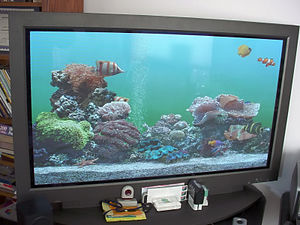The war on poverty began in the 1960’s. In 1959, the poverty rate was 22.4%. In 1969, shortly after the war on poverty began, the poverty rate was 12.1%. Today the poverty rate is 16.1%. It looks to me as though we are losing ground–not gaining it.
These figures are from an article in Forbes Magazine posted yesterday. The article points out:
Federal and state governments spend a trillion dollars a year just on these means tested welfare programs, which does not include Social and Medicare. That is more than we spend on national defense. It adds up to roughly $17,000 per person in poverty, over $50,000 for a poor family of three. The Census Bureau estimates that our current welfare spending totals four times what would be necessary just to give all of the poor the cash to bring them up to the poverty line, eliminating all poverty in America. A recent book by Charles Murray, In These Hands, further documents that.
The article also points out that from 1965 to 2008 the total amount of money spent on means tested welfare is nearly $16 trillion–in 2008 dollars. That is double the amount America has spent on military conflicts from the Revolution until today.
The article reports:
One major reason that poverty stopped declining after the War on Poverty started is that the poor and lower income population stopped working. In 1960, nearly two-thirds of households in the lowest income one-fifth of the population were headed by persons who worked. But by 1991, this work effort had declined by about 50%, with only one-third of household heads in the bottom 20% in income working, and only 11% working full-time, year round.
The war on poverty has also destroyed low-income families and increased the number of out-of-wedlock births. It has increased the number of one parent homes and children with two unmarried parents.
Please follow the link above and read to entire article. The article explains the negative impact the war on poverty has had on our society. It also explains how to solve some of the problems associated with the way the current welfare state is funded. We need to change the way we help those among us who are less fortunate. What we are currently doing is not working.



